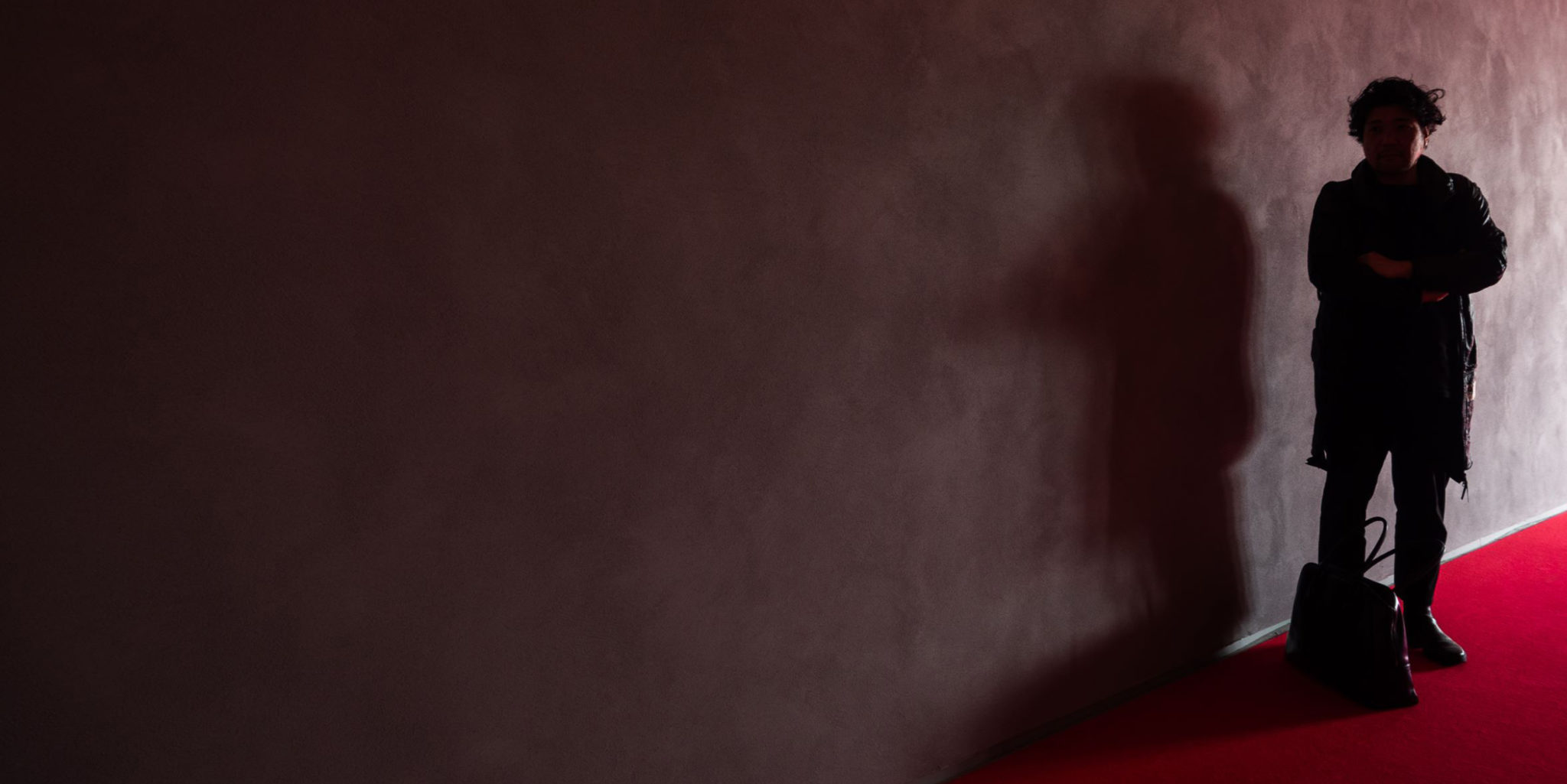
'A future perspective' with three Offecct designers
Three Offecct designers share their thoughts on the challenges and opportunities designers currently face.

Flokk brand Offecct works with a collection of celebrated designers, always looking for new and exciting ways to create sustainable furniture that add genuine value to people architecture and society.
We hear from three of those designers, Louise Hederström, Jin Kuramoto and Matti Klennel, as they answer a series of questions exploring the unique challenges currently facing the world of design, and their take on how the future looks.
What future challenges do designers face?
Matti: Designers have a mammoth task in making the societal shifts we are facing attractive and inspiring rather than frightening. The future is never a limitation but rather an opportunity. It is perhaps easier to implement revolutionary changes at a time when everything is upside down anyway rather than when it’s just business as usual. Naturally, we need to focus a great deal on the climate issue.
Louise: Designers have hopefully always been aware of making sure products have a long life, this is now more important than ever. The challenge is to think one step ahead, apply “circular thinking” in which the product is a part of a system that we don’t yet really know how it will work. We also need to think more carefully about being responsible in our use of natural resources.
Jin: Until now, the world has considered economic growth expressed in terms of GDP as social development, but now it is time to pay attention to the quality of life. It has nothing to do with economic growth, but to feel the richness of individual lives. Designers should play a part in spreading this new perspective to the world.
Read - Offecct sustainable acoustic solution shortlisted for 2020 Dezeen Design Award
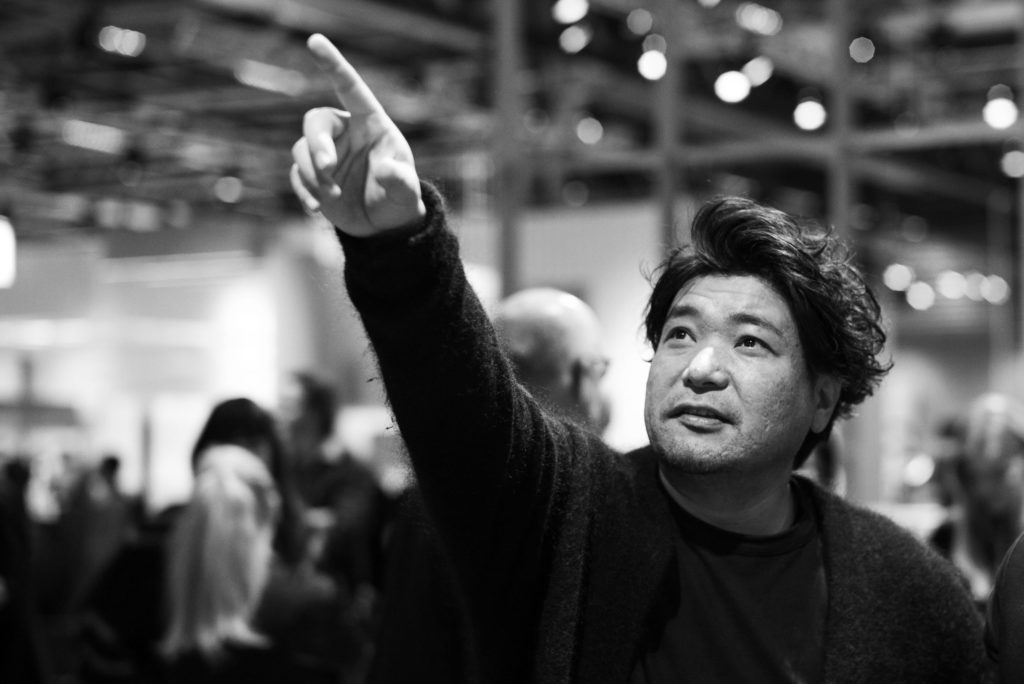
Jin Kuramoto graduated from Kanazawa College of Art in 1999 and founded his own design studio in Tokyo in 2008. The studio applies its strong, clear and innovative design philosophy to products in the furniture, home electronics, automotive and daily necessities markets.
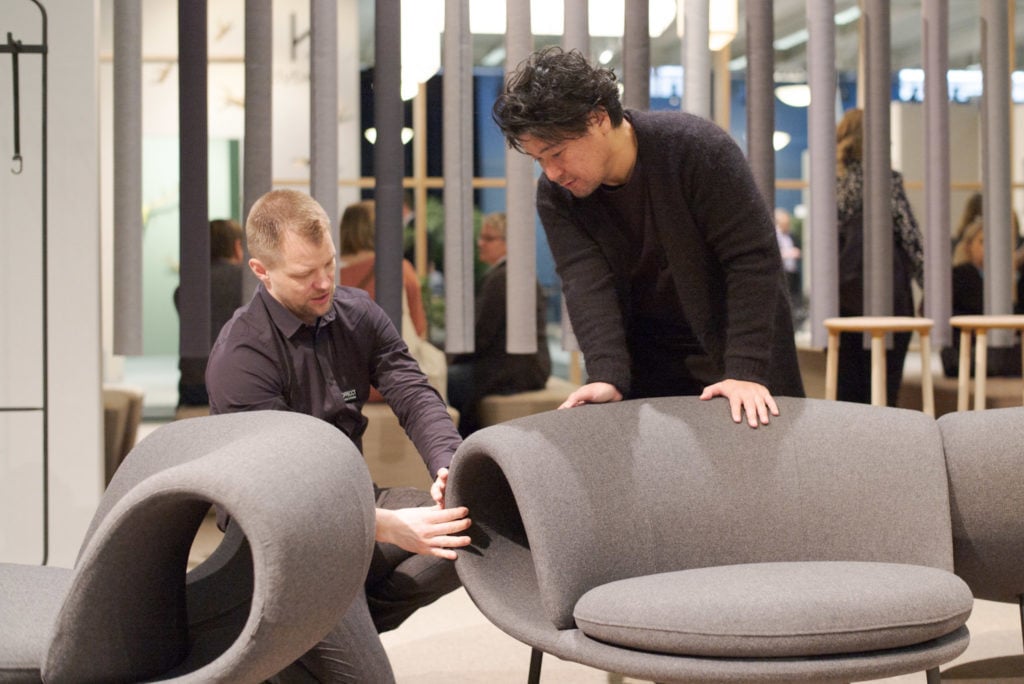
For Offecct, Jin has designed the Maki easy chair, Jin chair, Wind table and Wind room divider.
How are these challenges affected by an ever-increasing emphasis on sustainability, as well as the global pandemic?
Louise: We must endeavour to come up with a new calculation for the value of materials. At present, we focus more on the hourly cost of processing than the actual cost of the material itself when it comes to emissions.
We also see the value of local production, and flexibility here can be helpful when society is faced with rapid changes. I hope that more people will realise that local production, in general, is a necessity for us all.
Jin: If we can feel and imagine that all of us are part of the symbiosis of society and nature, many people will confront social issues with their specialities, which will be a big movement. I believe that the power of design can help people to have a concrete image for a sustainable world…
Matti: I believe that the way we design will be hugely affected and not for the worse, as we are surely heading for an era that focuses on core values and essence.
The next few years will be a time when we will choose or be forced to take things slower, and that’s a good thing. Clients won’t be able to launch inferior products simply to build their brand and we will all need to work harder in that respect. Offecct is a company that I feel already has the makings of this kind of meticulous working culture.
Read - Office talk: Workplace learnings from the global pandemic
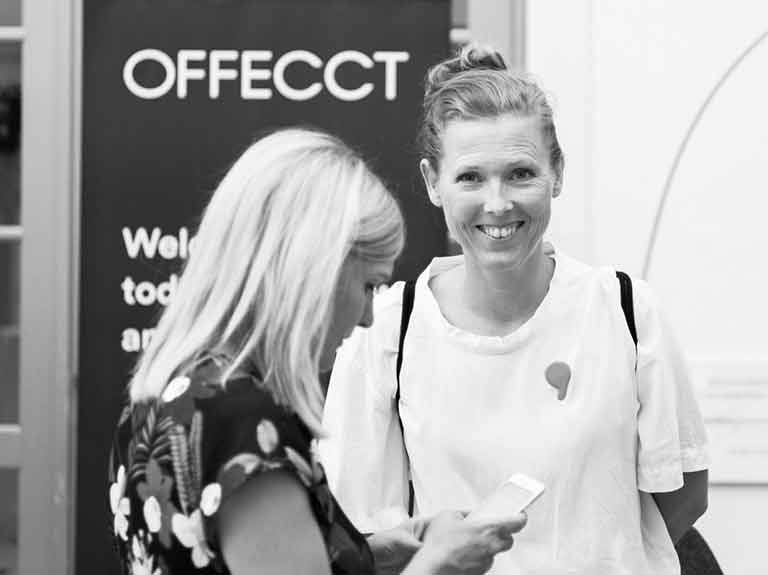
Louise Hederström works with the design of lighting, furniture and accessories. In her design, she always departs from a specific need. Louise Hederström has received the prestigious Estrid Ericsson scholarship and also the Blueprint Design Award at the London Design Festival.
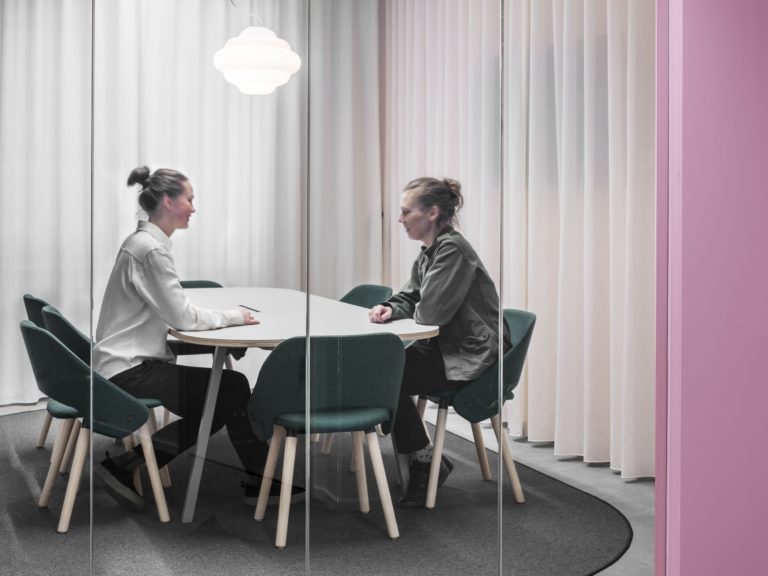
For Offecct, Louise has designed the chair Tailor and the room divider Green Divider.
In what direction will the next generation be, in terms of behaviours that will influence the design of the future?
Matti: It feels as if it’s time for a radical rejuvenation of society. A lot of things have been stuck in the same wheel tracks for a long time now and individuals who are not afraid of the untested and can see things with fresh eyes are needed more than ever. The environmental movement is very strong among young people today and we will hopefully soon see visible evidence of this within design and production.
The next generation will influence sales chains, development of materials, and how we design and use public and private spaces based on totally different frames of reference than we have today. I feel confident and also hope to be involved in contributing to this.
Louise: This is a generation naturally immersed in all things digital. Information circulates rapidly and there is a high level of awareness. This results in transparency, with sustainability and environmental awareness than being self-evident. Sharing and borrowing from one another is not a big deal, so a circular economy has already taken hold. Individual expression and creativity are also important and, when combined with an interest in new materials, these will pave the way for better solutions.
Jin: Today, social trends are starting to become sceptical of the ever-expanding human for-profit movement. They are looking away from physical material satisfaction and towards spiritual richness. It may seem retrogressive in the past, but the role of alarms in swapping perspectives is what designers should do. Whether a diamond is valuable or not depends on our perspective.
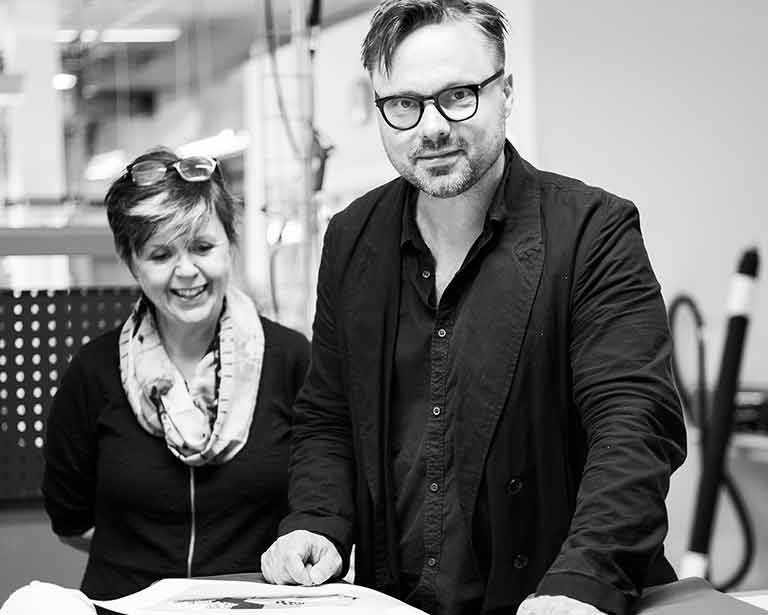
Matti Klenell moves with ease between handicraft and industrial design. He has received the EDIDA Swedish Design Award four times, and several of his designs are represented in museums in Sweden and abroad.
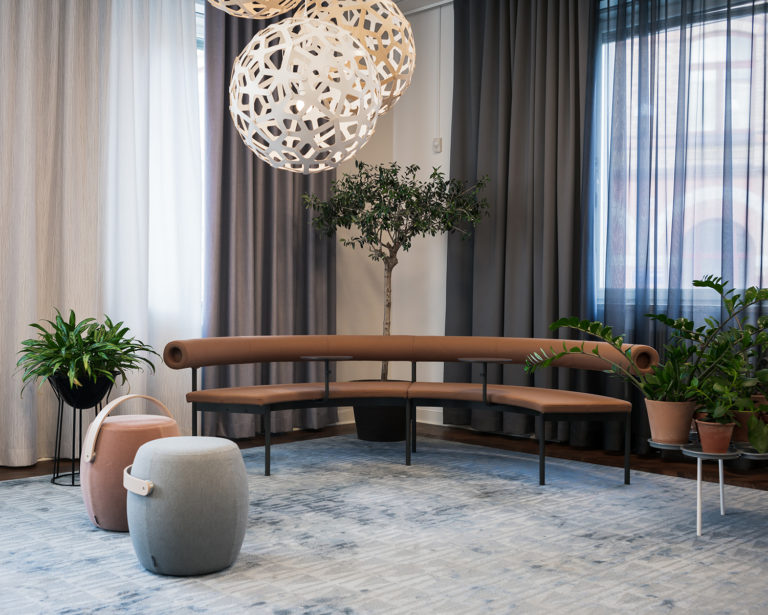
For Offecct, Matti has designed the sofa system Font.
How do designers look and act on new trends, and where are you at?
Louise: Generally speaking, I am extremely tired of short-term thinking. It’s so obvious at times like this that we need to think ahead and not just focus on what the quarterly report says. If we want to bring about sustainable change, we need to take a long-term approach. I will continue to focus on local production as much as possible. And work more with waste material and recycled material.
Matti: If I were to be completely honest, I don’t know right now. However, as a designer and an individual, I’m not good at just sitting still. I am trying to develop my projects more independently and I’m building up networks with craftspeople to have an overview of the whole process and the result in a different way than I did previously. It’s not a case of shutting yourself off from the outside world, but rather guaranteeing the quality of what you deliver in every aspect. The results will be quite different.
In commercial terms, several of the projects I’m working on may now be in doubt, but they involve a great desire to experiment and incorporate loftier artistic aspirations. It’s very liberating and perhaps a positive thing that everything going on just now brings with it.
Jin: Our thinking is greatly influenced by the natural environment, culture, society, and religious currents. It’s like putting ourselves in the flow of a big river, and it’s a powerful force that’s hard to resist. We have no choice but to keep our sensors sensitive, feel natural movement with our bodies, cooperate with each other in a positive way, and gradually change the direction in the current. A trend is like this big current, and if you live carefully, it will accumulate in your body little by little unconsciously in your daily life.
This might also interest you
A deeper look at the history behind the HÅG x Recouture Collab
Learn how åkle developed across Norway, why the motifs look the way they...
HÅG x Recouture : Heritage craft for a design icon
Learn how Recouture give traditional Norwegian åkle new life, in...
OFFECCT Circulus wins Red Dot: Best of the Best Design Award 2025
Offecct Circulus, designed by Mario Ferrarini, has been awarded the...